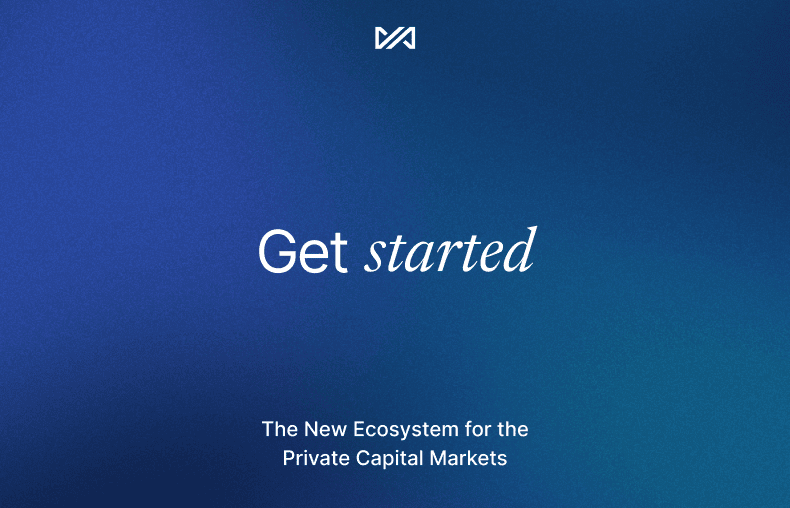It’s almost a cliché in the cultural narrative of the U.S.—attaining the so-called “American Dream” and how people here live that out. Sam Kelly’s story reflects a singular aspect of that: how Americans outside of the mainstream—specifically those from migrant or immigrant backgrounds, communities of color, those from the socioeconomic margins, etc.—reach for that dream, and define it for themselves.
Sam’s journey reflects how reading, persistence, and the courage to take an unconventional path can lead to the beating heart of global finance in New York City. Beginning his career at the onset of the Covid-19 pandemic, his decision to found Solomon Gideon Capital stands out as extraordinary—both in its details and in its entirety.
Early Career and Inspiration in Investment Banking
Kelly’s career began with uncertainty. As an undergraduate, he lacked direction and knew only that he did not want to follow his parents into government work. Inspiration came when he read about Reginald F. Lewis, a pioneering Black figure in private equity, who showed that success in finance was possible despite barriers.
That inspiration pushed Kelly to pursue roles at Merrill Lynch and Bank of America. There, he worked as an advisor, first in personal finance, but with increasing exposure to private placements and alternative investments. These experiences laid the foundation for his future in investment banking.
Founding Solomon Gideon Capital: A Boutique Investment Bank
A family office gave Kelly the chance to learn the full lifecycle of deals, from sourcing to execution. This experience highlighted a desire to control the client process and build stronger, more transparent relationships.
He realized that creating his own firm would be more authentic than adapting to the rigid structures of large institutions. That insight led to the founding of Solomon Gideon Capital, a boutique investment bank designed around client-first principles.
Launching an Investment Bank During the Pandemic
The timing was unusual. Starting an investment bank at the onset of Covid-19 meant operating in a world without conferences, office visits, or traditional networking.
But the disruption created openings. With investors and founders more available for conversations, Kelly leveraged the moment to build relationships that would otherwise have been out of reach. What began with fear and uncertainty turned into momentum for his new firm.
Sector Focus: Healthcare and Climate Tech Deals
From its earliest days, Solomon Gideon focused on industries where expertise and passion intersected.
Healthcare Investment Banking
A sector where investors often come with decades of hands-on experience as executives, surgeons, or specialists. This dynamic created highly collaborative relationships.
Climate Tech and Renewable Energy
Driven by sustainability and long-term growth potential, climate tech became another cornerstone of the firm’s strategy.
Both areas reflected a triple bottom line: financial success, meaningful impact, and long-term pride in the work.
Democratizing Access to Private Capital
Kelly’s vision extended beyond deals. He saw first-hand how limited access to finance excluded entire communities. Public school education rarely exposed students to investment banking, and many talented individuals lacked the networks to enter the field.
Solomon Gideon Capital was founded on the belief that access to private capital should not be reserved for a select few. Founders, investors, and aspiring bankers from diverse backgrounds deserve equal opportunity—a principle that continues to guide the firm’s mission.
Leveraging Finalis Marketplace to Scale
As a boutique, scaling required collaboration. Through the Finalis Marketplace, Solomon Gideon partnered with other banks to syndicate deals and expand reach.
One healthcare deal was successfully syndicated with peer firms, while a sports transaction in the Indian Premier League highlighted the power of joint due diligence. By cultivating trusted partnerships on the platform, the firm learned to “punch above its weight” in highly competitive markets.
Lessons Learned and Looking Ahead
Three years into the journey, Kelly reflects with pride on more than just transactions. Culture and integrity have remained constants, even through market turbulence.
Looking ahead, Solomon Gideon Capital aims to:
- Expand its team with diverse talent.
- Deepen deal flow in healthcare and climate tech.
- Ensure record earnings for partners and associates.
For Kelly, success is measured not only in completed deals but also in the opportunities created for clients and colleagues alike.
The Bigger Picture: Resilience and Collaboration in Investment Banking
Sam Kelly’s story reveals that there is no single roadmap for how to become an investment banker. His journey underscores resilience, creativity, and collaboration as central to building a successful firm.
Like Solomon Gideon Capital, many boutiques start with a vision to do things differently. Finalis is built to support that vision with the Marketplace, compliance, and BDaaS platform designed for independent investment banks. Learn how we can help your firm scale smarter.
FAQ
Q1: What inspired Sam Kelly to found Solomon Gideon Capital?
A: Inspired by pioneers in private equity and his own client-first philosophy, Sam Kelly created a boutique investment bank to provide transparent relationships and greater access to capital.
Q2: What sectors does Solomon Gideon Capital focus on?
A: The firm specializes in healthcare investment banking and climate tech, aligning financial success with meaningful social and environmental impact.
Q3: How does the Finalis Marketplace help boutique investment banks?
A: The Marketplace enables firms like Solomon Gideon to syndicate deals, expand reach, and collaborate with peer banks to compete in global markets.






